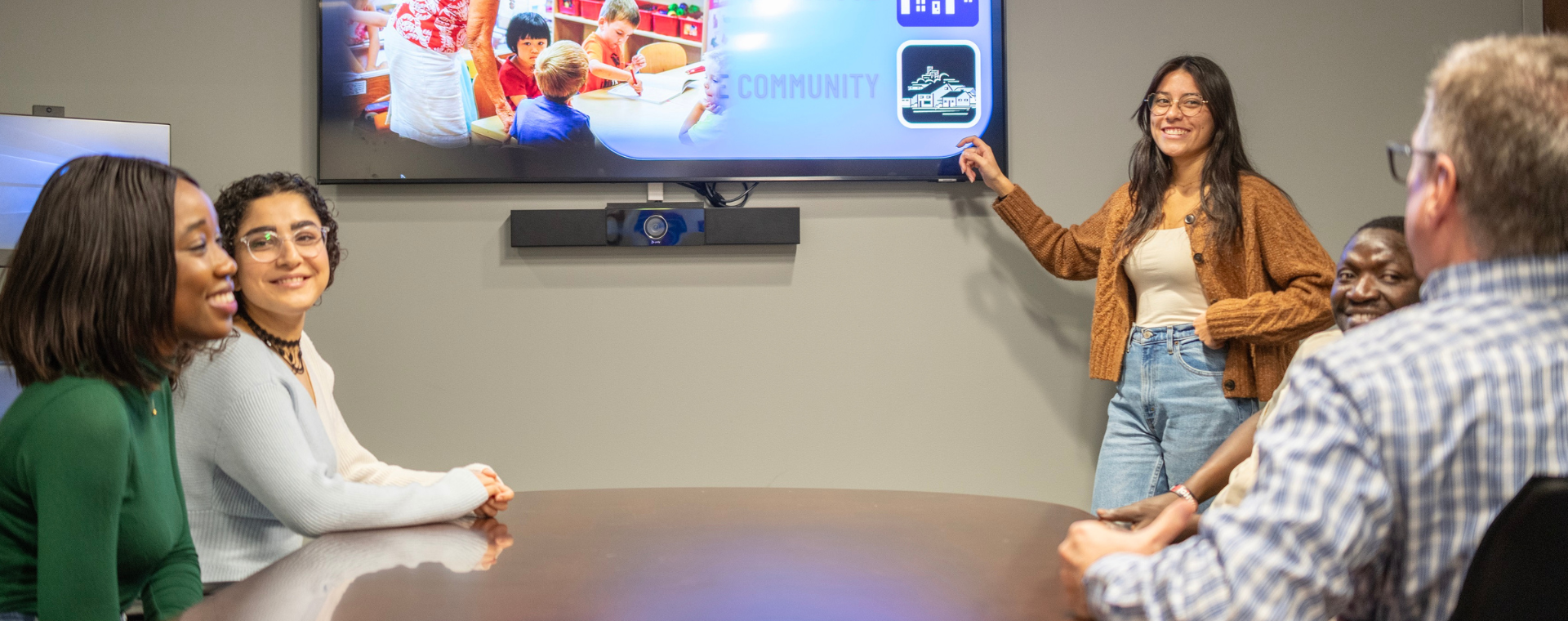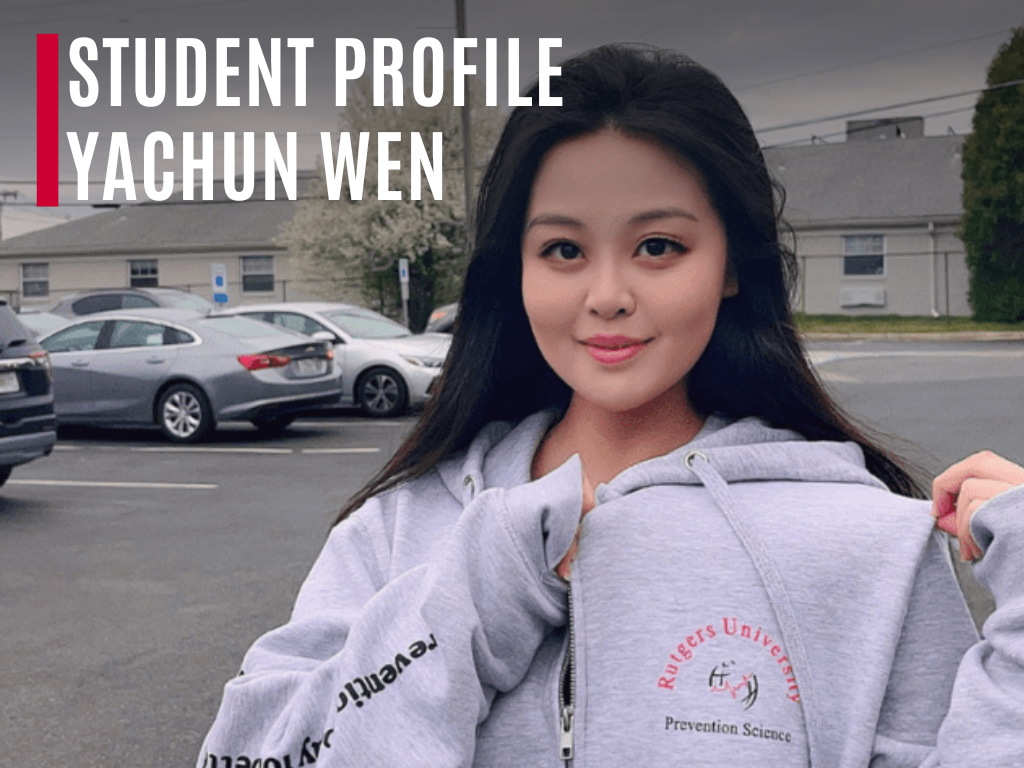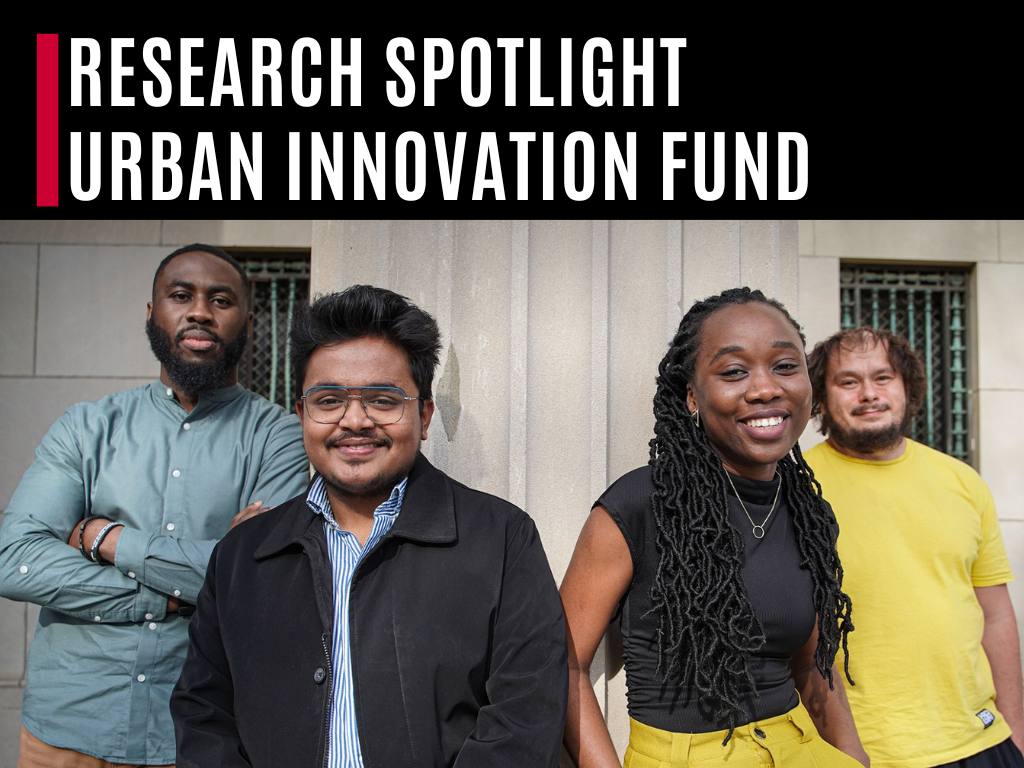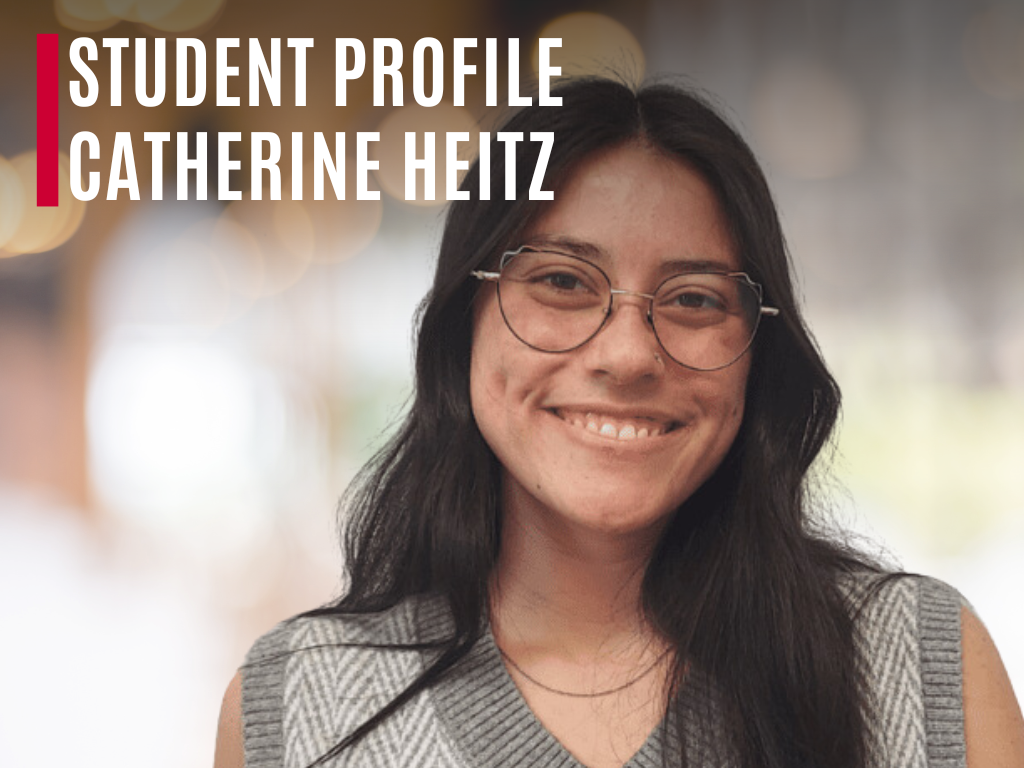
Prevention Science
(M.S. | Ph.D.)
Welcome to the Rutgers–Camden M.S. and Ph.D. program in Prevention Science, an interdisciplinary approach dedicated to addressing the most complex challenges confronting communities and individuals. Prevention Science has emerged as a critical field due to the realization that the most formidable problems often defy the confines of traditional academic disciplines.
TAKE THE NEXT STEP
The Rutgers–Camden Prevention Science program places a strong emphasis on intervention strategies, causal analysis, and advanced statistical methods. Graduates acquire essential skills for conducting high-quality research in diverse fields, including international development, education reform, and healthcare.
Our program is designed to help students understand and address academic, social, and health issues at both community and individual levels. We prioritize the development of effective interventions and the application of research findings to practical policies.
The interdisciplinary approach covers a wide range of social challenges, including health, education, business, psychology, human development, and criminal justice. By embracing this multidisciplinary perspective, our graduates are well-prepared to tackle complex societal issues and contribute to positive change for individuals and communities.
For doctoral candidates, the distinctive focus of the Rutgers–Camden program—intervention, causal analysis, and statistical sophistication—prepares graduates for conducting high-quality research. They will have the tools required for work in areas like international development, educational reform, healthcare, and more. Furthermore, the growing recognition of the need for prevention science researchers means that Ph.D. graduates are sought after by universities, governments, private research organizations, and philanthropies.
Charting Your Course: M.S., Ph.D., and M.S. to Ph.D. Options
M.S.
The Master of Science (M.S.) in Prevention Science is a 34-credit program.
M.S. to Ph.D.
In the M.S. to Ph.D. model, students pursue an M.S. degree, take the same classes, and are on schedule as Ph.D. students. After the M.S. students undergo a streamlined application process for the Ph.D.
Ph.D.
The Doctor of Philosophy (Ph.D.) in Prevention Science, a -61 credit program, prepares students to become researchers in the field, offering a comprehensive curriculum to develop expertise as scholars.
Program Overview
DETAIL | M.S. | PH.D. |
|---|---|---|
| DEGREE | Master of Science (M.S.) Accelerated option available | Doctor of Philosophy (Ph.D.) |
| CREDITS | 34 credits | 61 Credits |
| FORMAT | Full-time or part-time, on-campus | Full-time or part-time, on-campus |
| DURATION | 4-5 semesters | 10 semesters |
| FUNDING | University, and Graduate School (Partial Funding Only) | University, and Graduate School (Full funding available for select students) |
Prevention Science Community in Action
Get to know this program through archived stories—then discover what sets Rutgers Graduate School-Camden apart. From the Recording Rutgers podcast to faculty spotlights, campus life, alumni journeys, and student experiences, you’ll find a “Community in Action”, grounded in connection, purpose, and possibility.
-

New Look at Acupuncture in Eating Disorder Care
In her new Psychology Today article, Can Acupuncture Help Treat… continue reading
Featured Courses
View the list of Course Descriptions.
INTRO TO PREVENTION SCIENCE (56:792:501)
This course covers prevention science theory, research, and practice, including foundational concepts, theory-to-intervention translation, methodology, and implementation.
SOCIAL DETERMINANTS OF HEALTH (56:792:504)
This course explores factors influencing health inequalities, offering strategies for reducing disparities and achieving health equity through innovation.
DESIGN FOR CAUSAL ANALYSIS (56:792:602)
In this course, we’ll focus on causal inference in empirical research, introducing causality concepts and research designs for causal interpretations without heavy mathematical computation.
APPLIED PREVENTION SCIENCE (56:792:604)
This course emphasizes building community relationships, conducting participatory research, and practical experience through weekly site visits, reflection, and discussion.
SEMINAR IN ACTION RESEARCH (56:792:605)
This course offers hands-on experience in social change projects, usually building upon their applied prevention science work, culminating in a capstone project.
APPLIED STATISTICAL PROGRAMMING (56:792:502)
This lab-based course introduces foundational concepts and skills for programming in R, a widely-used statistical program for data analysis.
Admissions Requirements
DETAIL | M.S. | PH.D. |
|---|---|---|
| TRANSCRIPTS | A transcript showing the completion of an undergraduate degree (≥ 3.3 overall GPA; ≥ B+ in stats and methods) | A transcript showing the completion of an undergraduate degree (≥ 3.7 overall GPA; ≥ A in stats and methods) |
| LETTERS OF RECOMMENDATION | Three letters of recommendation | Three letters of recommendation |
| PERSONAL STATEMENT | A letter of interest/purpose | A letter of interest/purpose, which includes information about specific faculty members with whom students want to work. |
| STANDARDIZED TEST | Not required | Not required |
Application Deadlines
Preference is given to those submitted before the deadline for both decisions and funding opportunities. Applications received after the deadlines will be considered based on available space and budgetary constraints.
Fall
Ph.D. – JAN 1
M.S. – MAR 15
Spring
NOT OFFERED
Summer
NOT OFFERED
Reach Out to Us
Let’s begin a conversation about your academic and professional goals. If you have questions regarding the curriculum, faculty, admission criteria, or committee, please feel free to contact the Graduate Program Director. For administrative inquiries concerning the application process, campus, tuition, and fees, reach out to the Graduate School. We are dedicated to assisting you from application to graduation day.
GRADUATE SCHOOL CONTACT
Erick E. Watt-Udogu
Assistant Dean, Graduate School-Camden
erick.watt.udogu@camden.rutgers.edu
(856) 225-6149
Take the Next Step.
We invite you to explore the boundless opportunities that await you here, where a world-class faculty, diverse community, and innovative curriculum converge to nurture your intellect and foster your professional growth. Your future starts with a simple yet significant act – learning more about the exceptional programs we offer. So, why wait? Start your application journey with us, and together, we’ll unlock a future filled with possibilities and endless success.



